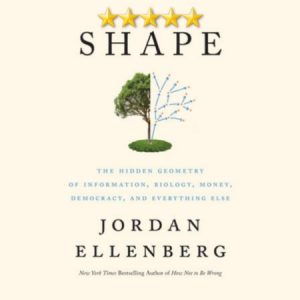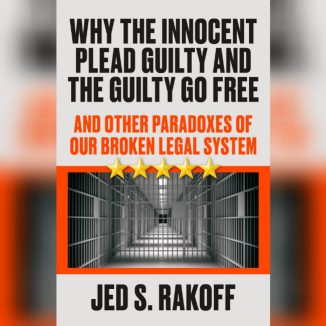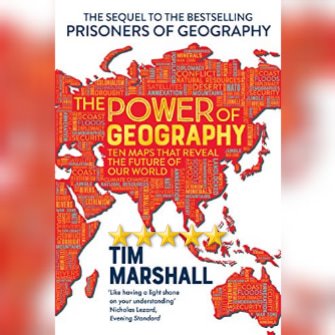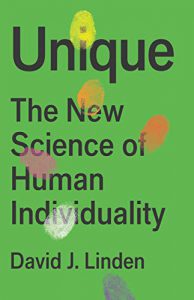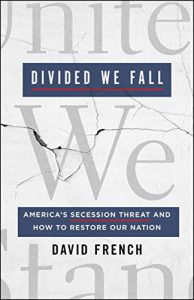Solid Romance. Tainted By Politics and Racism. First off, let me be absolutely crystal clear on one point: This was a truly solid romance featuring a man and woman who both know who they are – and the man finally realizing what he actually wants. Were that the be-all, end-all of this book, this is an absolute 5*, much like its predecessor. And because its predecessor *was* 5*, I requested this book the instant I saw it. I couldn’t *wait* to dive back into this world.
Unfortunately, that *wasn’t* the be-all, end-all of this book. Instead, the author’s own personal politics pore through the page here and indeed are quite preachy virtually every time she has most any character speak to political things. And considering the male lead here is running for Governor… this is quite often. But if it was just the preachy politics, this would have been a 4* review. It was heavy and pervasive and detracting from the actual story, and that merits the star deduction. (California politics. If Gavin Newsome and Nancy Pelosi are some of your favorite politicians, you’re gonna love this book. If not… you’re not. 😉 )
But even the pervasive preachy politics wasn’t enough to deduct *two* stars and get us down to a three star review from my default of 5 – which again, without the pervasive preachy politics and this next issue, this book would have absolutely gotten.
Unfortunately, that issue is blatant racism. Now, do I think that the author is an active racist? No, I don’t. I’ve interacted with her from time to time online, and I know she is as kind and generous as most any other author I’ve met in similar circles. But I *do* think that, in an extreme bit of irony, her own unconscious biases were so blatant that had nearly this exact same text been written with an all white, rather than an all-POC cast, and with the very things said of POCs that are said of white people in this text, the “woke” crowd would absolutely eviscerate this book as blatantly racist and would have called for the author to be fully “cancelled”. Every single time a white person or anyone that isn’t 110% in lockstep with the leftist agenda is mentioned, they are mentioned with some form of derision, casting them as some form of stupid or evil. Again, I do not think that this is an active thing with the author at all. As best I can tell, she is simply putting her own real world politics and thoughts into the text of this book without considering that perhaps others aren’t as evil or unintelligent as she seems to think they are because they disagree with those politics or have lighter shades of melanin in their skin.
And again, this is truly, truly a shame. Because if you write this same book in largely the same way, but edit out the racism and the pervasive preachy politics, this is *easily* a 5* romance tale. And, perhaps, if you agree with the racism in question and/ or the politics at hand, you may still feel it is 5*.
My reviews speak for themselves. I have a strong record of striving very hard to be as balanced and objective as possible within them, and therefore I hope the author and others take what I have written here as being from someone who genuinely wanted the book to be as strong as possible. Everyone in publishing knows that others are not always so balanced, and at minimum I hope I can at least prevent a few … shall we say, “more vitriolic”… reviews due to pointing out these issues in this review. And maybe even add a few sales, for those that happen to like the author’s perspectives here. 🙂
I can’t go with a 3 word or less “recommended or not” status like I normally do, so I’ll end with this: Read this book. It truly deserves to be read, and outside of the issues noted here it is genuinely a strong book. But for me, and potentially many others, the issues noted here are major problems with what would otherwise be a truly great romance tale.
This review of Incense and Sensibility by Sonali Dev was originally written on March 29, 2021.


